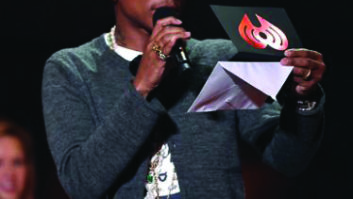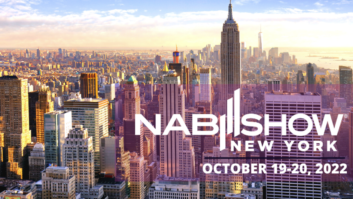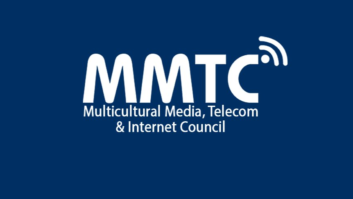House Energy and Commerce Committee Vice Chair Tennessee Republican Rep. Marsha Blackburn and Ranking Member California Democrat Rep. Anna Eshoo have introduced a bill that links radio royalties and television retransmission consent fees.
H.R. 4588, “Protecting the Rights of Musicians Act” conditions the ability of a broadcast owner to receive television retransmission consent payments on whether that owner’s AM or FM radio station pays music royalties. Similar to the monthly fees paid by cable and satellite operators (e.g. Comcast, TWC, Charter, DirecTV, etc.) to cable-only networks, such as ESPN, MTV, Disney, HGTV, etc., retransmission fees are monthly fees paid by the carrier to broadcast content providers whose programs are being “retransmitted” on cable or satellite.
The condition would only affect radio-TV combo operators, should the measure pass.
Blackburn calls the lack of a performance royalty requirement for radio “a dated loophole,” citing such payments paid by satellite radio, cable radio and Internet radio providers.
“When Kenny Rogers ‘The Gambler’ is played on Internet radio or satellite radio, Kenny gets paid, but when it is played on AM/FM radio, he doesn’t get anything. NAB’s radio members won’t pay Kenny Rogers for his recording of ‘The Gambler,’ but they demand to be paid when the TV movie of ‘The Gambler’ is retransmitted,” according to Blackburn.
Broadcasters say they already make such payments to music licensing entities like BMI and ASCAP and what performance royalty supports want would amount to a double payment.
Broadcasters pay approximately $500 million a year to compensate songwriters for music aired on radio; radio stations also pay millions a year to the record labels and recording artists for music streamed on digital platforms, according to NAB. The trade group also cites the promotional value of free radio airplay to artists and record labels as being valued at between $1.5 billion and $2.4 billion annually, according to former Stanford economist James Dertouzos.
Concerned the measure would devalue broadcasting, NAB will “respectfully” oppose the legislation, according to executive vice president of communications Dennis Wharton. “Every day across America, local radio and TV provides a positive, competitive balance to national pay radio and TV giants. Local stations offer news, entertainment and emergency warnings that make the difference between life and death.”
A majority of House members have signed onto the Local Radio Freedom Act, a bill which opposes any new royalty payments for radio, we recently reported.












